August 18, 2025 | 12:30
Science
Education
Graduates
Addressing challenges and advancing reforms in 21st-century education
Being in the 21st century does not necessarily mean having an education that corresponds to the standards and demands of the 21st century. This was the central theme of the panel discussion titled "Higher Education in 21st-Century Armenia: Approaches, Expectations, and Formats," held during YSU Alumni Forum. The discussion, moderated by Petros Ghazaryan, Head and Producer of Political Programs at Public Television of Armenia, explored the key characteristics of the contemporary educational system, as well as to a number of important issues related to education

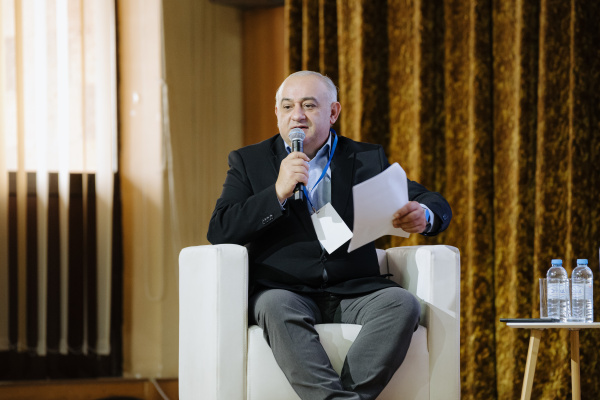
Speakers of the day included Sargis Hayotsyan, Chairman of the RA MESCS Higher Education and Science Committee; Dr. Vache Gabrielyan, Dean of Manoogian Simone College of Business and Economics at the American University of Armenia, Doctor of Philosophy in Public Administration; Sisak Gabrielyan, Chairman of the Standing Committee on Science, Education, Culture, Diaspora, Youth, and Sports of the National Assembly; Arevik Anapiosyan, Financial Advisor on Partnerships and Development at the UN Office.
Petros Ghazaryan observed that, unlike the limited resources of his time (such as a single textbook for an entire course), today’s students benefit from far greater educational opportunities. At his suggestion, each speaker addressed the question: What does 21st-century education mean?
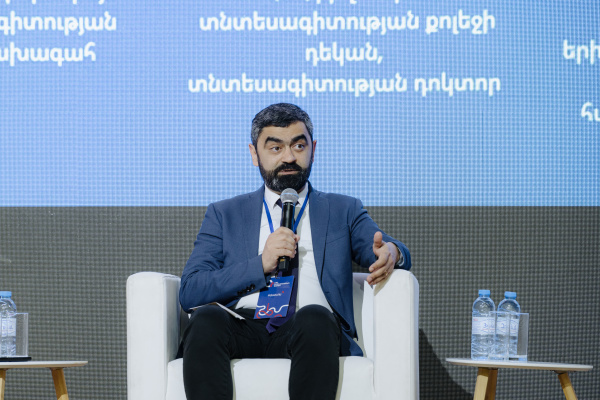
Sargis Hayotsyan acknowledged the complexity of providing a concise answer to such a broad question. Nevertheless, presenting the state’s perspective, he emphasized current efforts to integrate the traditionally separate systems of higher education and science. According to the new draft law in Armenia, the research process should become an integral part of education, making higher education research-based. In other words, at some stage of their academic path, students must participate—at least to some extent—in research activities. This initiative also aims to eliminate the problematic trend of students plagiarizing their diploma theses rather than engaging in genuine independent research.
When higher education becomes student-centered, both institutional and state policies inherently align with student success. And when students succeed, so do universities and the state.
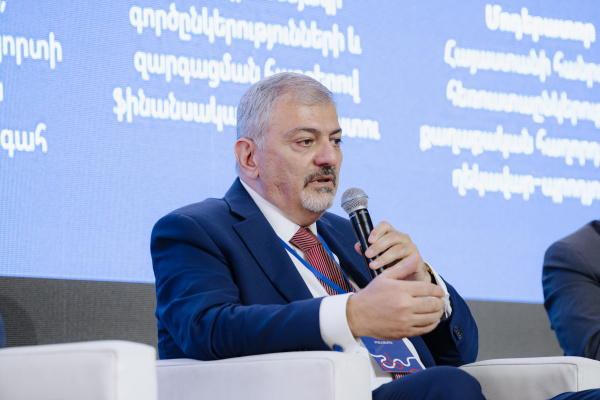
Vache Gabrielyan emphasized the transition from information scarcity to an overload readily available online, making it essential to distinguish reliable knowledge. With AI simplifying access to data, education must adapt both structurally and in content, encouraging students to build knowledge continuously rather than rely solely on static foundations.
Consequently, the criteria for assessing educational quality are changing. The profile of the student is also changing—becoming non-standard. The average age of students is rising globally. In the context of continuous professional development, post-university education is becoming increasingly important, delivered through various courses, degrees, and other formats. Education, in this sense, should ideally take place close to the workplace to ensure continuity, and it must be simultaneous and uninterrupted.
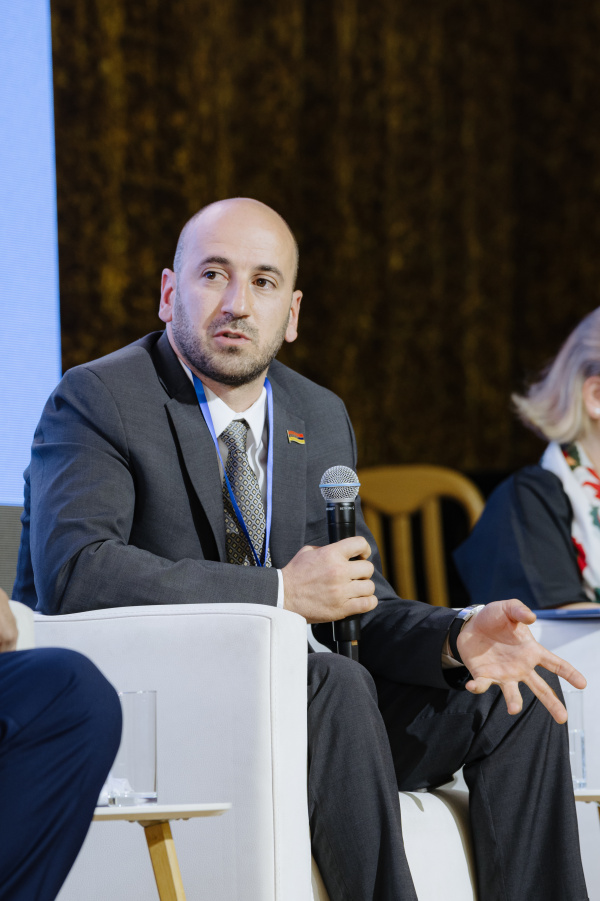
"Is education undergoing a complete transformation? Of course not. Do we need to erase everything and start anew? Naturally not. But if we fail to adapt to the new realities—including the information flood, distinguishing good from bad information, and applying knowledge critically—that will become a serious problem," Gabrielyan stated. "This issue becomes especially urgent in the context of artificial intelligence, where universities and students are its primary users."
Sisak Gabrielyan stated that despite political differences, all stakeholders recognize the urgency for reform—guided by the State Program for the Development of Education in the Republic of Armenia Until 2030.
"While preserving and building on the best traditions, we are striving to move forward," he said, adding that 21st-century education should move beyond being confined to a purely local context.
He also cited the Academic City initiative as one of the boldest goals of the post-independence era. All these efforts aim to establish a higher education system that meets 21st-century demands, is internationally competitive, and is accredited according to European standards.
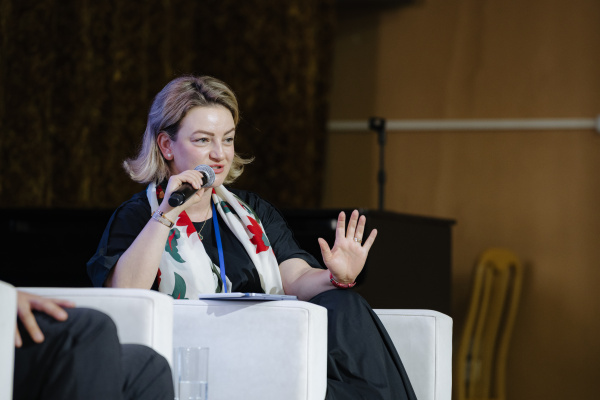
Anahit Anapiosyan, addressing the topic, pointed out that education is, first and foremost, a political phenomenon. Therefore, a country's educational policy is largely shaped by its broader political agenda. She also emphasized that education lies in the individual domain—namely, the human brain learns in the same way it did two million years ago. (For instance, from an evolutionary standpoint, humans do not have a genetic predisposition for reading.) As such, learning is not fundamentally dependent on technological changes.
According to Anapiosyan, a key characteristic of educational policy should be ensuring that professional education includes necessary components that enable future specialists to approach problems from multiple perspectives—for example, when solving issues related to road construction, considerations of climate change should also be incorporated.
A thought-provoking Q&A followed the discussion — available in the video below⤵️
Video

